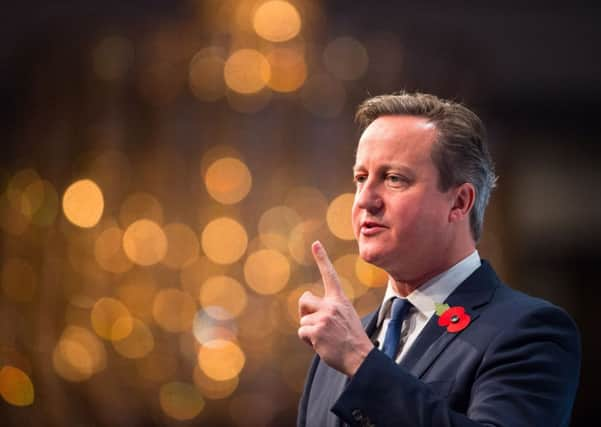Analysis: Just how “tricky” will Cameron’s EU reform talks be?


Defence Secretary Michael Fallon was given the job of setting the scene for the Prime Minister’s speech on EU reform this morning. And it was clear the message he wanted listeners to Radio 4’s Today programme to take away.
The negotiations ahead with other EU leaders will be “tricky”, Mr Fallon said. And not just “tricky”. They will be “tough”, “difficult”, “it is not going to be easy”, he said.
Advertisement
Hide AdAdvertisement
Hide AdAlmost every answer offered by Mr Fallon referred to how challenging the negotiations will be.
Mr Cameron followed suit this morning, saying Britain is “making the difficult arguments, addressing the issues no one wants to talk about”. Seeking agreement with 27 countries is a “big task”, he said.
Be clear, these warnings are not designed to prepare the British public for the possibility of a failed negotiation and a British exit.
Quite the contrary.
Mr Cameron wants to be able to present any reforms he can secure as a hard fought victory so that he can urge voters to back remaining in the EU. He knows that any suggestion that concessions have been made willingly by his EU partners will be seized on by Eurosceptics as evidence that Mr Cameron has not secured meaningful change.
Advertisement
Hide AdAdvertisement
Hide AdThat also means the Prime Minister needs other EU leaders, particularly Angela Merkel and Francois Hollande, to play along. He needs British voters to see them wearing pained expressions and shaking their heads after long nights of negotiation.
His problem is that the suggestion Britain is getting special treatment will not do Frau Merkel or Monsieur Hollande any favours at home.
It is in the presentation of the reforms as much as their substance that the Prime Minister is asking a lot of his EU colleagues.